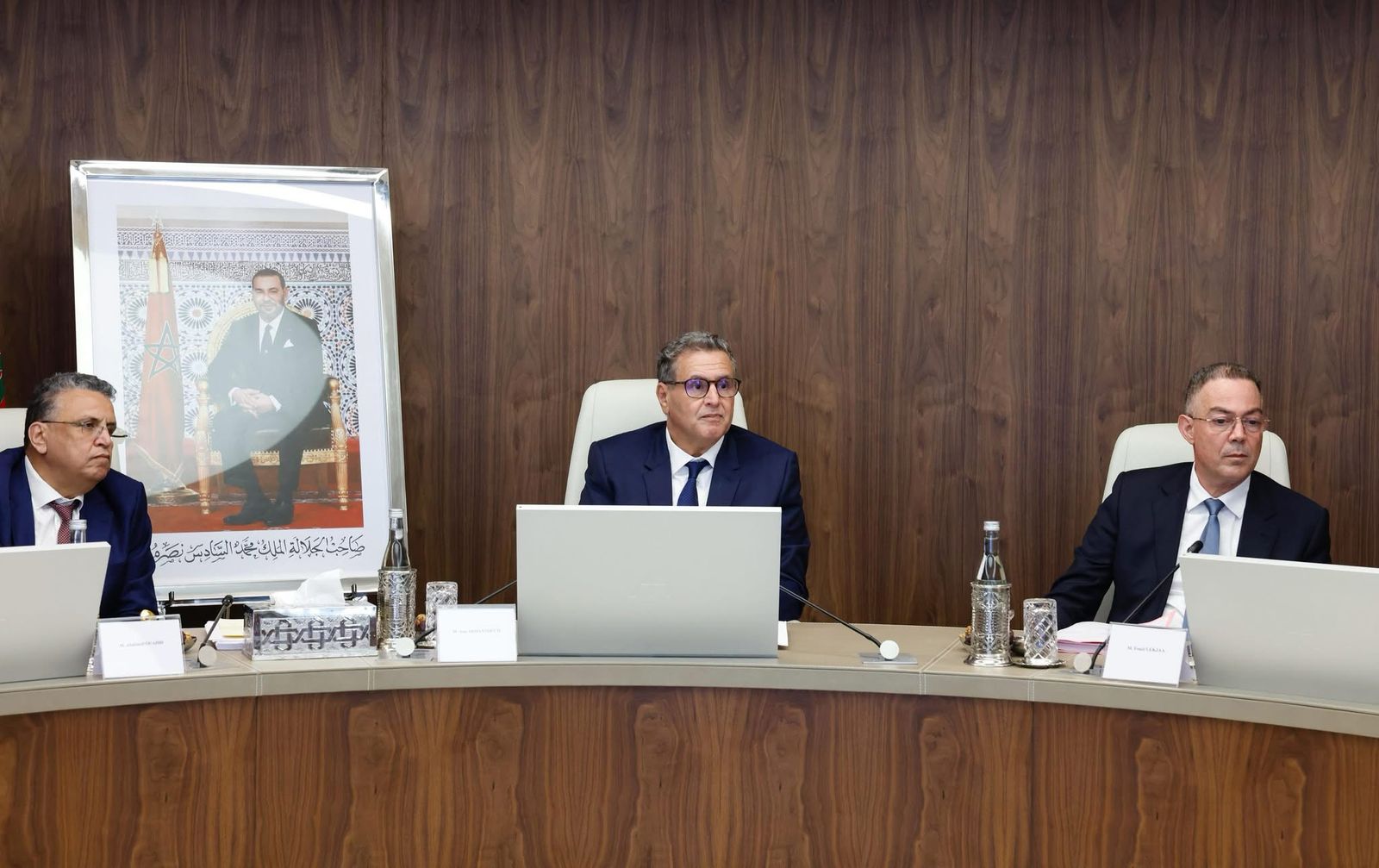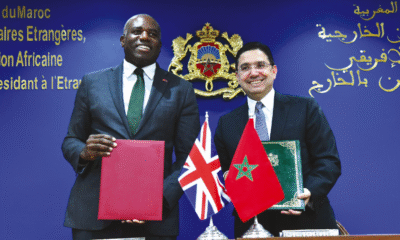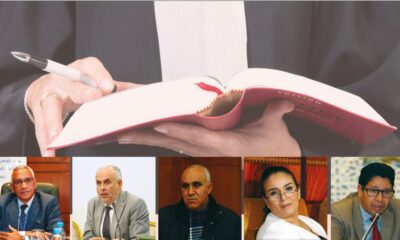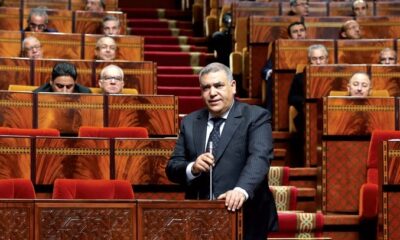International
Alternative Sentences: Akhannouch Chairs a Follow-up Meeting on the Implementation Plan for the Law
Alternative sentences consist of four types: community service, electronic surveillance, restriction of certain rights, or the imposition of preventive, qualifying, or curative measures, and provisions related to day-fines.

The Head of Government, Mr. Aziz Akhannouch, chaired a meeting on Thursday, April 3, 2025, in Rabat, dedicated to following up on the implementation plan for Law 43.22 regarding alternative sentences, which will come into effect next August. This law is part of the completion of the judicial system reform project.
According to the Head of Government’s statement, this meeting allowed for an update on the progress of preparing the draft decree for the application of the law on alternative sentences, which will be submitted to the Council of Government as soon as possible, as well as examining the technical, human, and material means and the action plan to ensure the implementation of the law’s provisions.
«During this meeting, the Head of Government recalled the content of royal speeches and royal letters calling for adopting a new penal policy resulting from the revision and harmonization of the law and the code of criminal procedure, in line with their accompaniment of developments », it was indicated.
Akhannouch noted that the use of alternative sentences in Morocco comes after studying a series of comparative experiences, while respecting the specificities of Moroccan society, so that these sentences can achieve the expected effects.
It is worth noting that the Head of Government expressed his thanks to all concerned departments, which he called upon to ensure the conditions for the success of this project, affirming that the government will deploy all necessary means to support its implementation.
Notably, Law 43.22 on alternative sentences aims to accompany the developments in the world regarding freedoms and public rights, allow beneficiaries to access qualification and integration into society, and contribute to alleviating the problem of prison overcrowding and rationalizing expenses. It excludes offenses with prison sentences exceeding five years, as well as cases of recidivism where the required deterrent effect is not achieved.
Ultimately, alternative sentences consist of four types: community service, electronic surveillance, restriction of certain rights, or the imposition of preventive, qualifying, or curative measures, and provisions related to day-fines.













